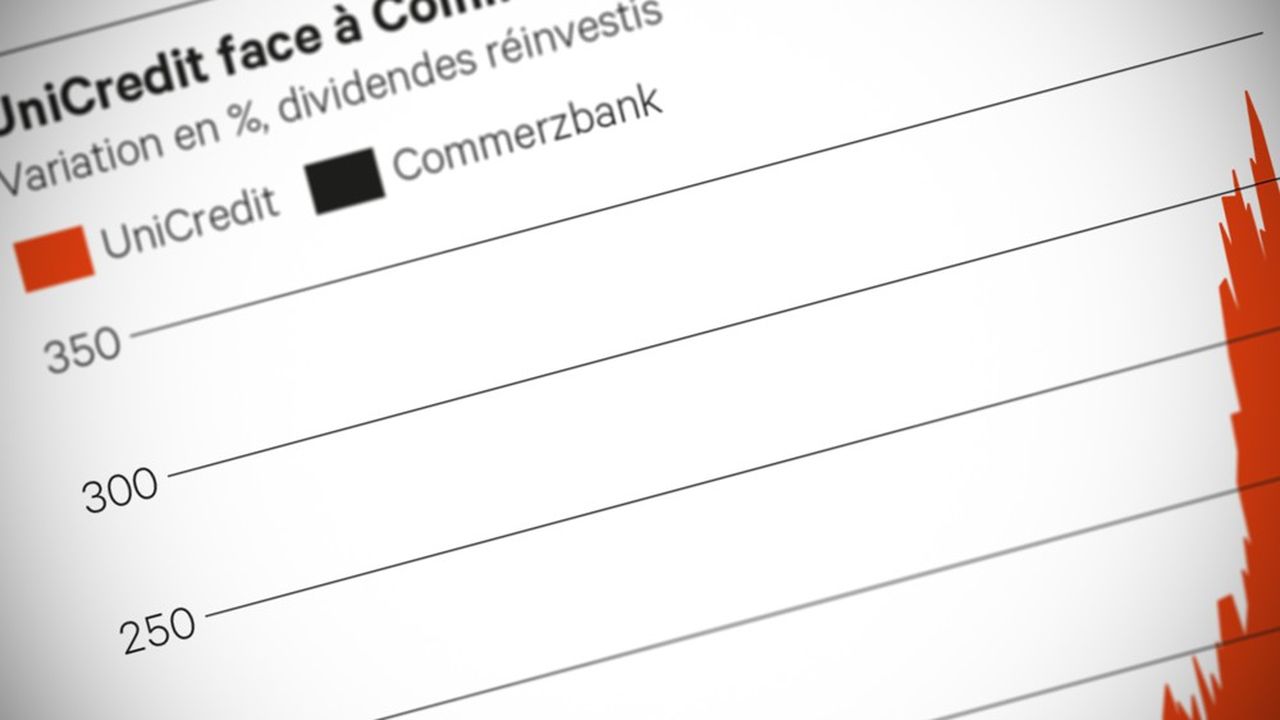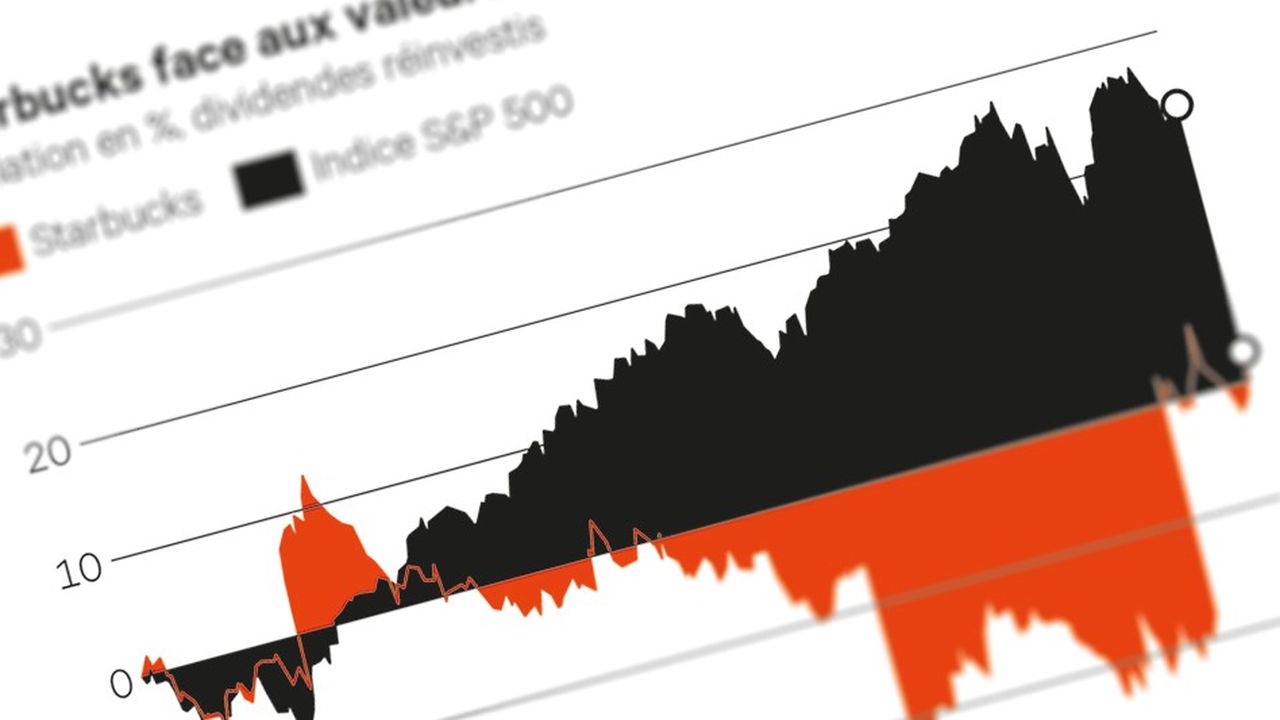
The period of institutional uncertainty has hampered the reform of access to data on the beneficial owners of companies. While the sixth European Anti-Money Laundering Directive, published in June 2024, authorises this access to authorities, companies that fulfil their due diligence obligations, as well as journalists and entities whose activities are related to the prevention of money laundering and the financing of terrorism, it has not yet been transposed into domestic law.
The register was previously accessible to the public without restriction, but at the end of 2022, the Court of Justice of the European Union noted a serious interference with fundamental rights. The idea of unlimited access could be attractive at first glance. Why hide the fact that you have interests in a company, if not for shameful reasons?
There are, however, many perfectly avowable reasons, starting with respect for privacy, the protection of business secrets and freedom of trade. These fundamental rights and freedoms therefore require that third-party access be restricted to cases of activities related to the fight against money laundering and terrorism, with the State retaining total and unlimited access.
New, much broader regime
In the absence of transposition and direct effect of the directive, the resigning Minister of the Economy contented himself, on July 28, 2024, with a press release in which he specified that access to information is open to “journalists, researchers, and civil society actors committed to financial transparency.”
This new informal but very real regime extends the scope of beneficiaries in relation to the directive since the notion of financial transparency is much broader – and vague – than that of the fight against money laundering and terrorism.
From then on, any journalist, holder of an X account (ex-Twitter) or publisher of an Internet page could request access to the register by claiming to work for “financial transparency”, even if they are only seeking to produce a ranking of large fortunes or reveal links between two competitors.
Any journalist, X account holder or Internet page publisher could request access to the register, claiming to be working for “financial transparency”.
This quest for absolute transparency raises questions. Jean-Denis Bredin, lawyer and academic, perfectly summed up the concerns it raises: “And this transparency, which resembles pure water, the sun, light, beautiful holidays, everything we think we love, should we not be wary of it, as of the tyranny of all these virtues that religions, nations and doctrines claimed to carry, in order to better accomplish their terrible missions?”
Excess transparency
Financial transparency, in a democratic society, does not require access for all to information on private assets. Expanding access to the register of beneficial owners without legitimate reason pushes us even further into the society of control described by Deleuze, this time placing journalists at the center of the control tower of the panoptic system.
The press release from the Minister of the Economy – immediately reprinted on the public service website and on the various sites managing access to the register – certainly has no binding legal value, despite the emergence of “soft law”. The fact remains that this press release today determines the approach followed by the administration and the entities responsible for access to the register.
It must therefore be applied in accordance with the principles of the directive and fundamental rights, by limiting access to the State and to those who can demonstrate a link with the prevention and fight against money laundering and the financing of terrorism, to the exclusion of any other person, journalist or not.
Maxime de Guillenchmidtis an associate lawyer at the Veil Jourde firm.










